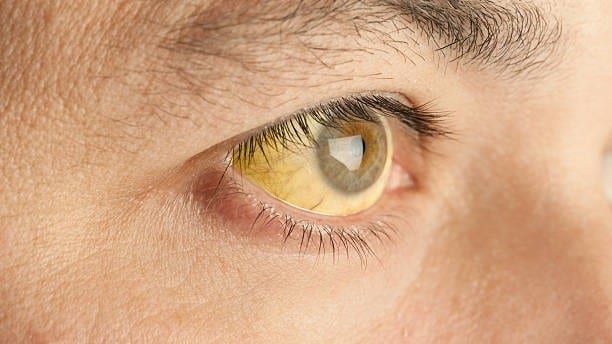The growing threat of this epidemic-prone disease throughout Africa and parts of South America has prompted the World Health Organization (WHO) to announce a significant revision of the guidelines and tactics for controlling yellow fever outbreaks. Climate change, urbanization, and a decrease in vaccination rates have all contributed to the recent resurgence of yellow fever, a viral hemorrhagic disease spread by infected mosquitoes. In order to stop widespread transmission, WHO’s updated framework intends to improve global readiness, increase vaccine distribution, and modernize surveillance. The update coincides with the discovery of infection clusters in multiple nations, exposing weaknesses in the current response mechanisms.
Historically, a very effective vaccine has been used to prevent yellow fever, but sporadic vaccination campaigns have left millions of people vulnerable. In order to develop herd immunity, WHO’s new guidelines emphasize how urgently at-risk nations must reach a minimum of 80% vaccination coverage. Since dengue and Zika are spread by the same mosquito species, Aedes aegypti, the updated guidelines also stress the importance of integrating surveillance for yellow fever with other vector-borne illnesses. The goal of this integrated strategy is to enhance early detection and cross-regional coordinated responses. This change, according to experts, may stop localized outbreaks from becoming global health emergencies, as was the case in Brazil in 2018 and Angola in 2016.
WHO will modernize outbreak reporting systems in close collaboration with national health ministries under the new framework. Using digital tools to monitor real-time data on suspected cases and vaccination coverage is part of this. The revised guidelines also reinterpret the International Health Regulations’ (IHR) emergency declaration process. Instead of waiting for outbreaks to spiral out of control, the emphasis will now be on early intervention. The new policy seeks to speed up and increase transparency in containment by establishing more precise thresholds for when nations should notify WHO and their neighbors.
The new framework calls for WHO to modernize outbreak reporting systems in close collaboration with national health ministries. This includes using digital tools to monitor data on vaccination coverage and suspected cases in real time. The revised regulations also reinterpret the International Health Regulations’ (IHR) emergency declaration process. Instead of waiting for outbreaks to worsen, the emphasis will now be on taking action sooner. The new policy aims to make containment more transparent and expedient by establishing more precise thresholds for when countries should notify WHO and their neighbors.
Another important factor influencing how urgent these reforms are is climate change. Mosquito habitats are spreading into previously unaffected areas due to rising global temperatures and unpredictable rainfall patterns. According to recent WHO research, if preventive measures are not improved, yellow fever may soon pose a threat to populations in some parts of Asia. According to the new regulations, environmental monitoring programs must be connected to health surveillance systems so that governments can track virus circulation patterns and mosquito density to predict outbreaks. WHO’s increasing focus on the “One Health” idea, which acknowledges the interdependence of environmental, animal, and human health, is reflected in this multidisciplinary approach.
The revised approach also places a strong emphasis on finance and logistics. Although the yellow fever vaccine is inexpensive and very effective, there are still issues with distribution in rural areas. Currently holding about 40 million doses, WHO intends to increase its global emergency vaccine stockpile. Rapid deployment within ten days of an outbreak report is the aim. In order to ensure that vaccines remain viable during transportation to remote communities, the agency is also promoting public-private partnerships to enhance cold chain infrastructure. It is anticipated that this initiative will greatly cut down on vaccination campaign delays, particularly in low-income countries with scarce medical resources.
The need for better community engagement is also covered in WHO’s updated guidelines. Containment efforts can be hampered by misinformation about vaccines and mistrust of health authorities, as demonstrated by previous outbreaks. The new regulations include educational programs, social media campaigns, and local partnerships as communication tactics to counter vaccine hesitancy. WHO aims to increase the effectiveness and sustainability of vaccination campaigns by disseminating correct information and encouraging community involvement.
Regulations pertaining to travel are another important update. In an effort to reduce cross-border transmission, the WHO is strengthening the requirements for international health certificates for visitors from or to endemic areas. Now, nations must more thoroughly check immunization records and notify WHO of any non-compliance. Without placing needless restrictions on travel, these policies seek to strike a balance between public safety and global mobility.
WHO’s renewed emphasis on yellow fever serves as a reminder of the ongoing threat posed by infectious diseases as the world recovers from the COVID-19 pandemic. Experts caution that decades of progress in controlling epidemics could be reversed by complacency. WHO wants to make sure that countries are better prepared to identify, stop, and handle yellow fever outbreaks before they become international emergencies by updating these regulations.






